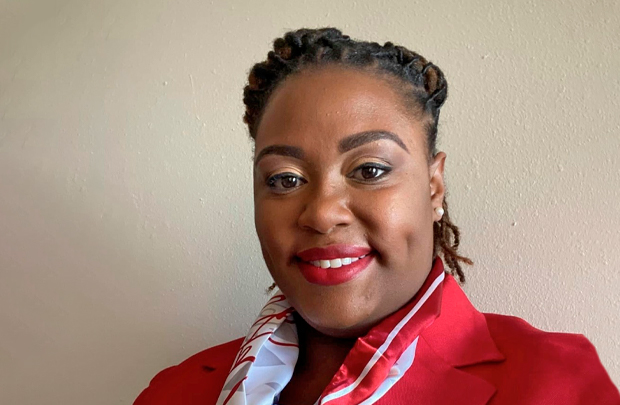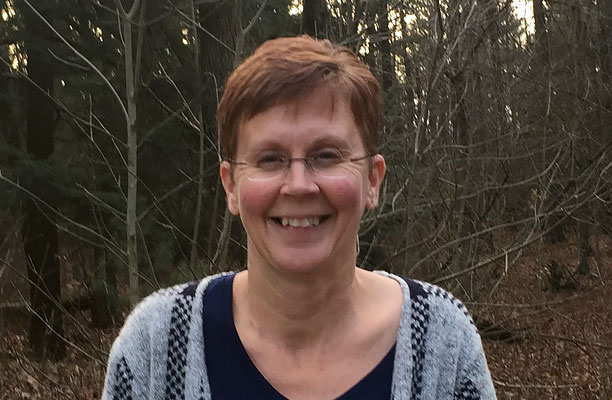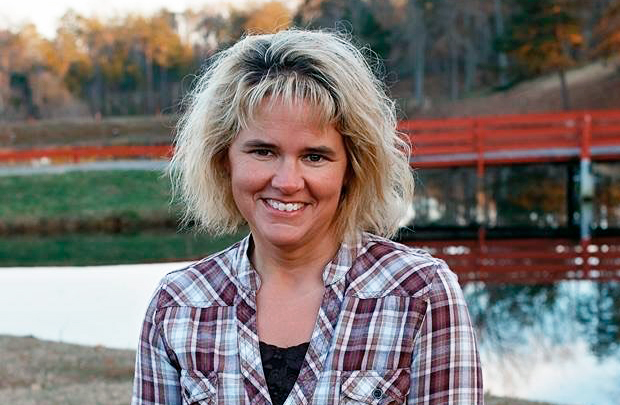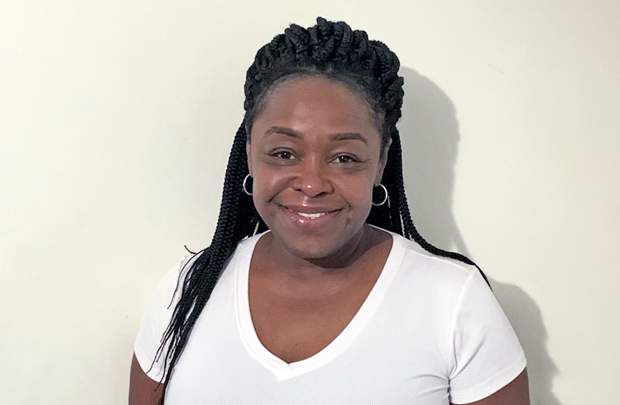Over the years, we’ve had the opportunity to talk with many (50, and counting!) child welfare workers who have been nominated by families for being outstanding caseworkers. In addition to learning about their work, we never pass up the opportunity to ask these professionals what makes a great foster parent.
We’ve compiled some stand-out responses here.
Good foster parents support reunification efforts, accept children and youth for who they are, and ask for support when they need it!

“A good foster parent knows that the goal is always reunification, and they work toward that goal. They keep birth parents involved and updated through regular phone calls and emails and invite them to activities at school, church, and other places that are important to the child.”
—Rolounda Hayes, licensure specialist in Mississippi. Rolounda’s full interview is available here.

“A great foster parent is someone who is willing to accept kids where they are—and apologize when they’ve done something wrong or gotten frustrated with a child. Parents who do that teach kids an important lesson: it is OK to make mistakes.”
—Joy Nyhuis-Wing, clinical case manager in Wisconsin. Joy Nyhuis-Wing’s full interview is available here.

“A person who is in it for the right reasons: They love working with kids—and they know that no child is perfect. They understand that their primary goal is to support children’s reunification with their birth family, and they are comfortable interacting with that family.”
—Courtney Croley, family services office supervisor in Kentucky. Courtney Croley full interview is available here.

“A good foster parent accesses resources. I’ve had parents that I no longer work with call me and ask me for guidance or ideas—that’s resourceful!”
—Stacie Miller, child protective specialist in an Intensive Services Unit in Montana. Stacie Miller’s full interview is available here.

“First and foremost, a good foster parent is self-aware. A lot of people want to help children. And that’s good and important. But a person’s reasons have to go deeper than that. A good foster parent is a nurturer. They are able to give and not expect anything in return. They are not moved by the words of a child who is hurting. And they are tough!”
—Latanga McGill, licensing specialist who works with children and foster families in Mississippi. Latanga McGill’s full interview is available here.